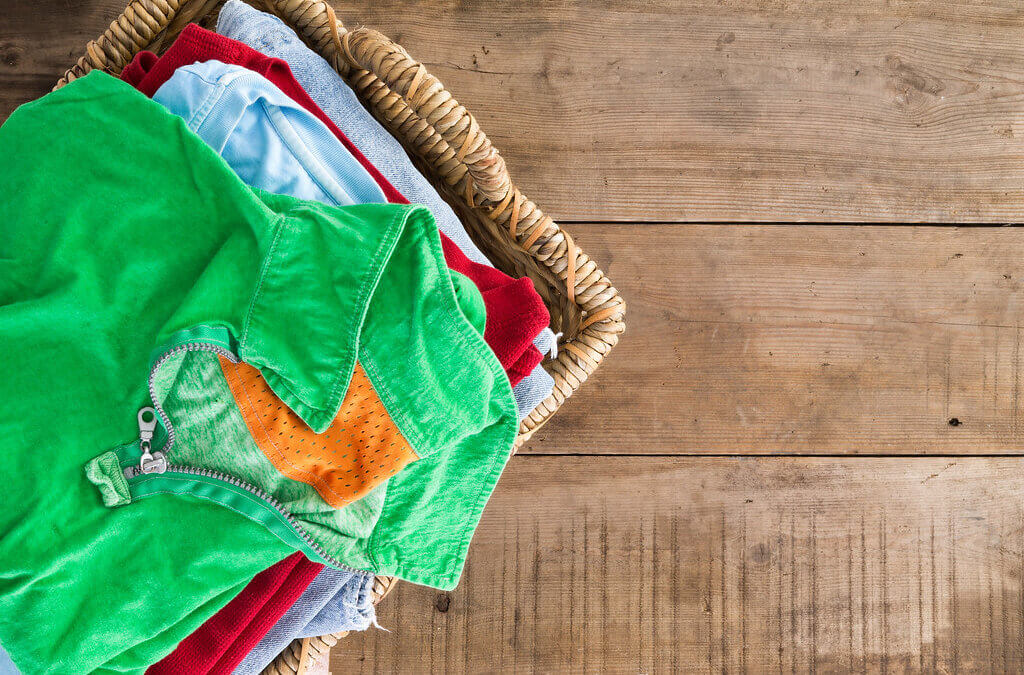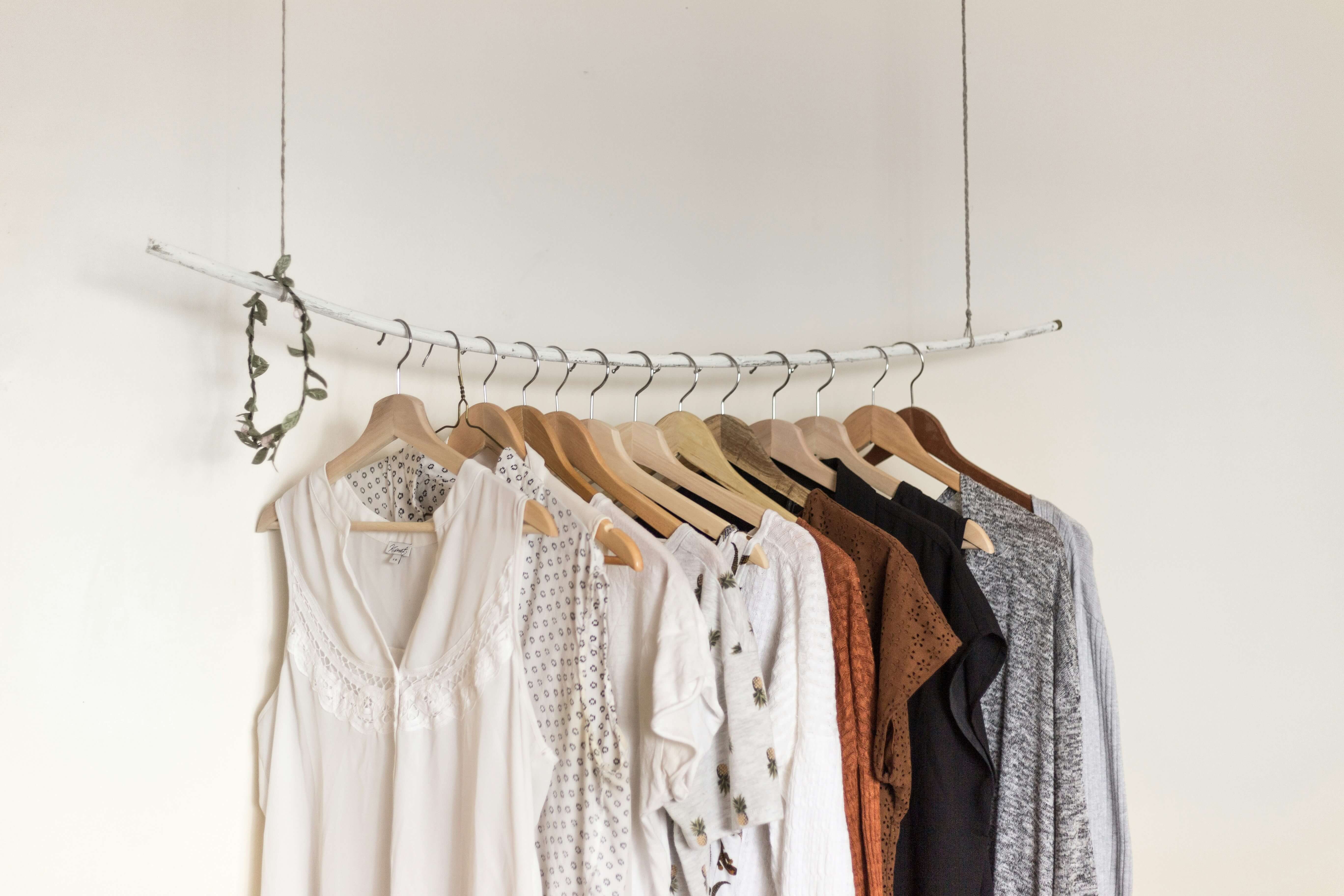
by Lucy Crivelli Frey
Stephanie Cuevas, the founder and event director of Soco House, is making waves in the event management industry with a huge milestone—hitting $1 million in revenue for events at Paloma Venice, one of the premier venues-restaurants she manages. With a passion for creating unforgettable experiences and a commitment to empowering women, Stephanie has established herself as a leading force in Los Angeles and Orange County’s event scene.

Credit: TIP Supply
From humble beginnings in hospitality, where she honed her skills working in bars and restaurants, Stephanie quickly transitioned into managing events for a variety of venues. Her eye for detail, creativity, and ability to bring people together have made her the go-to event director for some of the most talked-about events in LA.
Stephanie has been a part of some iconic events such as the NFL Founders Dinner, her Annual 4th of July Party, and “Born x Raised Sadie Hawkins” Formals. Each event under her direction not only exceeded expectations but also reflected her dedication to her clients and community. During her time working with SoHo House, Stephanie also helped highlight the SoHo friends membership program and curated events that were specifically built with SoHo friends members in mind. She has helped open multiple venues across LA and has no plans of stopping.
One of the driving forces behind Stephanie’s success is her commitment to working with an all-women team. She believes in the power of collaboration and the unique perspectives that a diverse group of women bring to the table. Stephanie shares her insights for success, emphasizing the importance of tapping into your network and community. “Your connections are your most valuable resource,” she says. She also stresses the significance of being tech-savvy and understanding the evolving needs of your business to stay ahead in a tech-forward future. For Stephanie, investing in yourself is crucial—knowing when to hire a team that can help you elevate your business is a key step toward achieving greater success.
As Stephanie Cuevas continues to make her mark on the industry, her journey serves as an inspiration to aspiring event directors and entrepreneurs. With her leadership, Soco House is poised to continue setting new standards in event management, one memorable experience at a time.
Congratulations Stephanie!







by Loida McKinnon

As concerns about climate change and environmental sustainability grow, more people are looking for ways to reduce their carbon footprint in everyday activities. Laundry, a routine household task, offers several opportunities to make eco-friendly choices that benefit both your clothes and the planet. From using energy-efficient appliances to selecting eco-conscious detergents, there are numerous strategies to ensure your laundry routine is as green as possible. This article will guide you through the steps to achieve eco-friendly laundry without compromising on cleanliness or quality.
1. Choose Energy-Efficient Appliances
One of the most impactful ways to make your laundry routine eco-friendly is by using energy-efficient appliances. Traditional washing machines and dryers consume significant amounts of water and electricity, contributing to your household’s overall energy usage.
Energy Star Certified Machines: When shopping for a new washer or dryer, look for models with the Energy Star certification. These machines are designed to use less water and energy while still providing excellent cleaning power. Front-loading washers are typically more efficient than top-loading models, using up to 50% less water.
Cold Water Washing: Washing your clothes in cold water is a simple yet effective way to save energy. Heating water accounts for about 90% of the energy used by washing machines. Cold water is not only energy-efficient but also gentler on fabrics, helping to preserve colors and reduce wear and tear.
2. Use Eco-Friendly Detergents
The type of detergent you use plays a crucial role in both the cleanliness of your clothes and the health of the environment. Many conventional detergents contain harsh chemicals, synthetic fragrances, and phosphates, which can harm aquatic life and contribute to water pollution.
Another effective way to ensure your laundry routine is eco-friendly is by utilizing professional laundry services in London. Many professional services have adopted sustainable practices, including the use of energy-efficient machines and environmentally friendly detergents. By outsourcing your laundry to a service that prioritizes green practices, you can significantly reduce your carbon footprint without compromising on cleanliness or quality. These services often use less water and energy per load compared to standard home machines, and they are skilled in choosing the right settings and detergents for different fabrics, ensuring your clothes are well-cared for while also being kind to the planet.
Biodegradable and Plant-Based Detergents: Choose detergents that are biodegradable and made from plant-based ingredients. These detergents are free from harmful chemicals and are often just as effective as traditional ones. Look for products that are labeled as eco-friendly, biodegradable, or non-toxic.
DIY Detergents: For those who enjoy a DIY approach, making your own laundry detergent is a great way to control the ingredients you use. Simple recipes often include ingredients like baking soda, washing soda, and castile soap, which are gentle on both your clothes and the environment.
3. Opt for Natural Fabric Softeners
Fabric softeners and dryer sheets are common laundry additives that make clothes feel softer and smell fresher. However, they often contain chemicals that can be harmful to the environment and may irritate sensitive skin.
Vinegar and Baking Soda: A natural alternative to commercial fabric softeners is using white vinegar. Adding half a cup of white vinegar to the rinse cycle can help soften clothes and reduce static cling. Baking soda is another eco-friendly option that can be added to the wash cycle to boost the cleaning power and keep clothes soft.
Wool Dryer Balls: Instead of using disposable dryer sheets, consider using wool dryer balls. These reusable balls help reduce drying time, soften clothes naturally, and decrease static without the need for chemical-laden products.
4. Practice Energy-Saving Drying Techniques
Drying clothes can be one of the most energy-intensive parts of the laundry process. Fortunately, there are several eco-friendly alternatives to using an electric dryer.
Air Drying: The most energy-efficient way to dry your clothes is by air drying them. Hang your clothes on a drying rack or clothesline either indoors or outdoors. Air drying not only saves energy but also helps extend the life of your clothes by reducing wear and tear from the dryer.
Low Heat Settings: If you need to use a dryer, opt for the lowest heat setting possible. High heat can damage fabrics and increase energy consumption. Also, make sure to clean the lint filter after each use to maintain your dryer’s efficiency and reduce the risk of fire.
5. Wash Full Loads
Washing full loads is another easy way to make your laundry routine more eco-friendly. Running a washing machine with only a few items wastes water and energy, as the machine uses nearly the same amount of both, regardless of the load size.
Maximize Each Load: Wait until you have a full load of laundry before running the machine. This maximizes the efficiency of your washing machine and reduces the number of loads you need to do each week.
Load Size Settings: If you must wash a smaller load, adjust the water level setting on your machine to match the size of the load. This simple adjustment can save a significant amount of water over time.
6. Choose Sustainable Fabrics
The type of fabrics you choose to buy and wear can also impact the sustainability of your laundry routine. Synthetic fabrics like polyester and nylon shed microplastics when washed, which can end up in waterways and harm marine life.
Natural Fibers: Opt for clothing made from natural fibers such as organic cotton, linen, and wool. These materials are biodegradable, renewable, and tend to require less water and energy to produce.
Care for What You Have: The most sustainable option is to care for the clothes you already own. By following the above tips, you can extend the life of your garments, reducing the need to buy new ones frequently.
Conclusion
Eco-friendly laundry practices are not only beneficial for the environment but also for your clothes and your wallet. By making conscious choices—such as using energy-efficient appliances, eco-friendly detergents, and natural fabric softeners—you can significantly reduce your environmental impact while keeping your clothes clean and well-maintained. Implementing these small changes in your laundry routine is a simple yet powerful way to contribute to a healthier planet.















